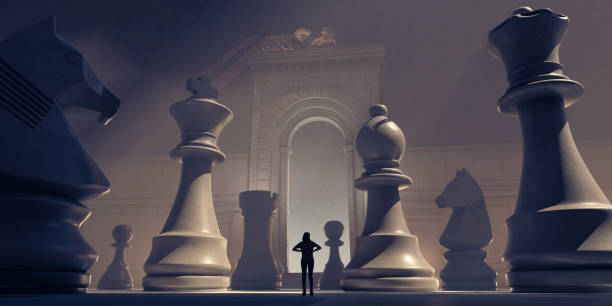Top 10 Tips To Make Better Decisions

Decisions, decisions! There are numerous decisions that we make that we make in our lives. They range from the mundane and routine, like the clothes we wear or what food to consume, to the more significant life-changing ones, like the decision of whether to get married, to whom, and what job to do and how we raise our children. We are very protective of our freedom to choose. It is the basis of our individuality and is the primary definition of free will.
Making sound choices requires us to balance the seemingly contradictory forces of emotion and rationality. It is crucial that we are able to accurately predict the future, see the present and gain knowledge of other's minds so that we can deal with the uncertainty. To learn extra information on Picker Wheel, you must check out spin wheel site.
We don't know what mental processes are that make us think. However, this topic has been a hot topic. Fortunately, what psychologists and neurobiologists are finding can assist us all in making better decisions. We've gathered some of their most fascinating findings in the New Scientist guide to helping you make the right choice.
Don't fear the consequences
It doesn't matter if decide to spend a weekend in Paris, or a trip to the slopes. A new car or larger home is the most important decision you make. Also, who you will marry. Each time we think about how the outcomes of our decisions will make us feel, and what the psychological or "hedonic" consequences of our actions will be. Sensibly, we usually plump for the choice that we believe will bring us the greatest happiness overall.
Follow your gut instincts
While it's tempting to think that you have to take time to weigh all the benefits and disadvantages, often an instinctive decision or quick decision can be equally efficient.
Take a moment to think about your feelings.
While you may think that emotions hinder decision-making, they are essential to the process. The basic emotions we have were designed to enable us to make quick and impulsive decisions in circumstances that could be threatening to our survival. Fear can trigger fighting or flight, while displeasure leads to avoidance. Emotions play a much larger part in determining a decision than the quick reaction.
You can play the role of the role of the devil's advocate
Did you have an argument with someone about a vexatious issue such as immigration or death penalty and were frustrated because they only relied upon evidence that backed their beliefs and did not consider anything to the contrary? This is known as the confirmation bias. This can be difficult for others, but it is the fact that we all are vulnerable to this bias when we look at facts to inform our decisions.
Keep your eye on the ball
Our judgements and choices are skewed by a bizarre and numbing habit of becoming attached to irrelevant or unimportant data and facts. In a well-known study that uncovered this "anchoring effect", Kahneman and the late Amos Tversky asked participants to spin an "wheel of fortune" with numbers ranging from 0 to 100, and afterwards to estimate the percentage of United Nations countries were African.
Don't get upset about milk that has spilled.
You're at a pricey restaurant, the food is amazing, but after eating so much, you're beginning to feel sick. You're sure you need to leave some of the dessert behind however, you are feeling like you must finish it all, despite growing feeling of nausea. What do you think? At the back of your wardrobe is a worn-out and unfit piece of clothing.
Take it in a different way
Consider this hypothetical situation. Your home town faces an outbreak of a disease which could cause death to 600 people if no action is taken. You can choose from either the program A which can save 200 lives, or programme B which can help 600 people and save nobody. Which one do you prefer?
Beware social pressure
While you might think of yourself as a strict individual and not the type of person who will allow people to influence you, the truth is that everybody is vulnerable to social pressure. Numerous studies have shown that even the most normal, well-adjusted, and well-informed people are susceptible to being influenced by those of authority and their peers to make terrible choices.
Limit your choices
Although you may think greater Starbucks is more beneficial than fewer Consider these results. People offered too many alternative options to invest their retirement are less likely to invest at all; and people get more pleasure when they choose the chocolate they want from a choice of five rather than select the same sweet from a variety of 30.
Have someone else choose
We tend to think that we'll always be more content being in control of our own lives rather than having someone else decide for us. At times, however, we may be dissatisfied by the decision-making. It might be better to let go of control.